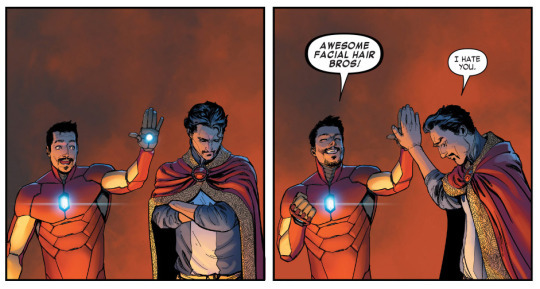Another Way of Thinking About Genres

So one of the cool things about promoting All the Birds in the Sky has been getting to have lots of interesting conversations about genre with book nerds. And people keep asking me about what it’s like to write a “genre mashup.” I kind of don’t really think of All the Birds in the Sky as a genre mashup, because in the course of writing it I decided to avoid smushing together genre tropes as much as possible.
But still, All the Birds in the Sky definitely has elements of both science fiction and fantasy, and it’s interesting to talk about the meeting of genres. Recently, I was at a bookstore, and someone asked me about this – and two things came to mind that I hadn’t thought of before.
First of all, we all belong to a world that has atomized genres down to so many constituent parts that we no longer see their outlines as distinctly. Anybody who’s gotten sucked into spending hours on TVTropes is intimately familiar with the building blocks of different genre stories, many of which carry across all sorts of genre labels. (The “heel face turn” can happen in space opera just as easily as epic fantasy.) The hyper-awareness of lots of little genre attributes makes it harder to obsess about the big markers, like “does the good guy wear a pointy wizard hat, or a space helmet?”
But also, on a related note, the most popular genres right now transcend fantasy and science fiction. Like, zombies. What the hell are zombies? Maybe you’re going to have some hand-wavey virus that turns people into the living dead, or maybe there’s an evil supernatural force making them unkillable. Either way, they’re kind of sciencey-fantasy-wibbly-wobbly. Post-apocalyptic stories, generally, can be either science fiction or fantasy, depending only on how much time you spend explaining why things ended. Superheroes, too, are both science fiction and fantasy – Dr. Strange can hang out with Iron Man super easily. And so on. We’re attracted to things that are impossible to slap a genre label on.
All of which makes me think that the distinction between fantasy and SF, if it was ever meaningful, is now just kind of whatever. In the 21st century, we no longer think of genre in such broad terms. Just a random thought.



